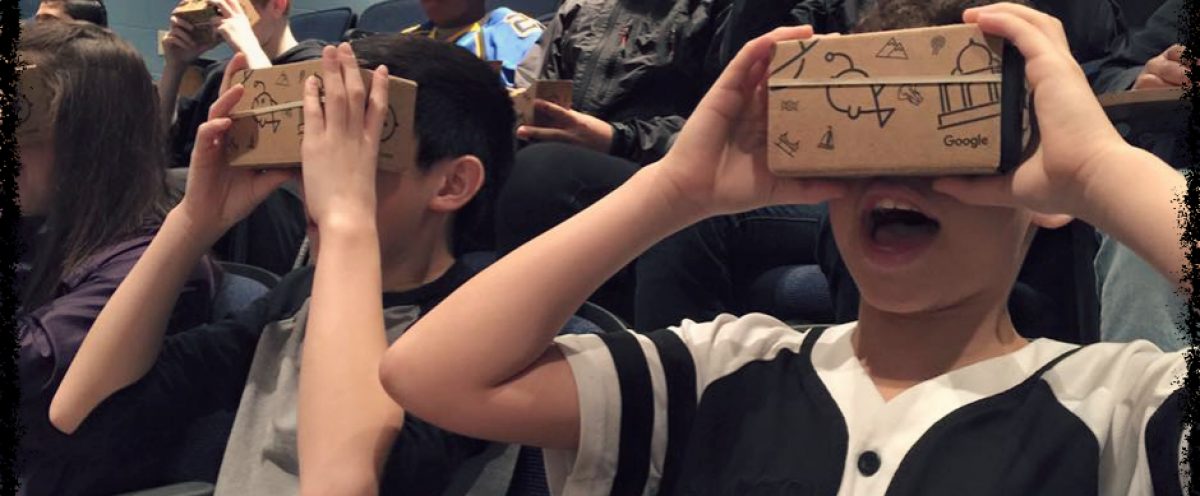
Sometimes, when I was a middle school teacher, or a junior high principal, when I was out and about, and not around other educators, people would ask me what I did for work. So I’d say I was a middle school teacher or a junior high principal. Pretty much got the same reaction every time. A step back. An, “Oh geez, really? Wow, that must be rough. Teenagers. Ugh.”
It never made sense to me. Still doesn’t. The picture in this blogpost is from last night. Our middle school team presented to our school board information around their Peer Mentor program. Featured these kids. Gen ed kids. Special ed kids. Working together. Helping each other. Caring for each other. Laughing with each other.
When I was a junior high principal, we had the Life Skills program, with kids from 12-21, with profound special needs. In 12 years as principal, not once did I ever see a teenager be anything other than kind and loving toward the Life Skills kids. Not once. Everytime, in every situation, they showed their better angels. Their best angels.
These are the kids that don’t make the news. And they represent the vast, vast majority of kids in our schools everyday.




